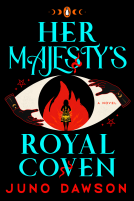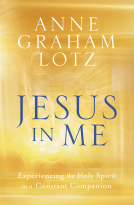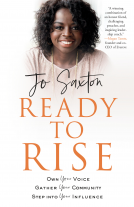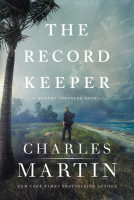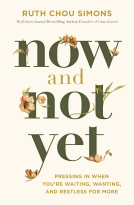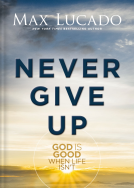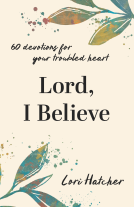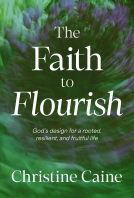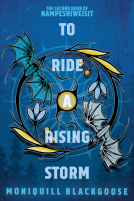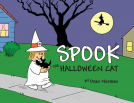Please wait... This may take a moment.
Dickinson's Nerves, Frost's Woods
Poetry in the Shadow of the Past
This title was previously available on NetGalley and is now archived.
Pub Date
Jun 05 2018
| Archive Date
Aug 28 2018
Description
In Dickinson’s Nerves, Frost’s Woods, William Logan, the noted and often controversial critic of contemporary poetry, returns to some of the greatest poems in English literature. He reveals what we may not have seen before and what his critical eye can do with what he loves. In essays that pair different poems—“Ozymandias,” “On First Looking Into Chapman’s Homer,” “In a Station of the Metro,” “The Red Wheelbarrow,” “After great pain, a formal feeling comes,” and “Stopping by Woods on a Snowy Evening,” among others—Logan reconciles history and poetry to provide new ways of reading poets ranging from Shakespeare and Shelley to Lowell and Heaney.
In these striking essays, Logan presents the poetry of the past through the lens of the past, attempting to bring poems back to the world in which they were made. Logan’s criticism is informed by the material culture of that world, whether postal deliveries in Regency London, the Métro lighting in 1911 Paris, or the wheelbarrows used in 1923. Deeper knowledge of the poet’s daily existence lets us read old poems afresh, providing a new way of understanding poems now encrusted with commentary. Logan shows that criticism cannot just root blindly among the words of the poem but must live partly in a lost world, in the shadow of the poet’s life and the shadow of the age.
In Dickinson’s Nerves, Frost’s Woods, William Logan, the noted and often controversial critic of contemporary poetry, returns to some of the greatest poems in English literature. He reveals what we...
Description
In Dickinson’s Nerves, Frost’s Woods, William Logan, the noted and often controversial critic of contemporary poetry, returns to some of the greatest poems in English literature. He reveals what we may not have seen before and what his critical eye can do with what he loves. In essays that pair different poems—“Ozymandias,” “On First Looking Into Chapman’s Homer,” “In a Station of the Metro,” “The Red Wheelbarrow,” “After great pain, a formal feeling comes,” and “Stopping by Woods on a Snowy Evening,” among others—Logan reconciles history and poetry to provide new ways of reading poets ranging from Shakespeare and Shelley to Lowell and Heaney.
In these striking essays, Logan presents the poetry of the past through the lens of the past, attempting to bring poems back to the world in which they were made. Logan’s criticism is informed by the material culture of that world, whether postal deliveries in Regency London, the Métro lighting in 1911 Paris, or the wheelbarrows used in 1923. Deeper knowledge of the poet’s daily existence lets us read old poems afresh, providing a new way of understanding poems now encrusted with commentary. Logan shows that criticism cannot just root blindly among the words of the poem but must live partly in a lost world, in the shadow of the poet’s life and the shadow of the age.
Advance Praise
"Dickinson's Nerves, Frost's Woods only confirms and enriches my sense that William Logan is the most outstanding critic of poetry now practicing in America. An extraordinary critical effort."
—William Pritchard, Amherst College
"Dickinson's Nerves, Frost's Woods only confirms and enriches my sense that William Logan is the most outstanding critic of poetry now practicing in America. An extraordinary critical effort."
...
Advance Praise
"Dickinson's Nerves, Frost's Woods only confirms and enriches my sense that William Logan is the most outstanding critic of poetry now practicing in America. An extraordinary critical effort."
—William Pritchard, Amherst College
Available Editions
| EDITION |
Other Format |
| ISBN |
9780231186148 |
| PRICE |
$130.00 (USD)
|
| PAGES |
352
|
Additional Information
Available Editions
| EDITION |
Other Format |
| ISBN |
9780231186148 |
| PRICE |
$130.00 (USD)
|
| PAGES |
352
|
Average rating from 20 members
Featured Reviews
 Bookseller 431166
Bookseller 431166
4 stars
4 stars
4 stars
4 stars
4 stars
Personally, poetry is one of those genres that people either pick up the occasional poetry book or they delve in to each poem in the hopes of discovering the author's deepest meanings. This book has a good balance where the poems are well analyzed, but they're not going to scare away a dabbler of poetry. I enjoyed the side by side poems and how the essays were well written without feeling like I needed a class on Literary Criticism to understand it.
4 stars
4 stars
4 stars
4 stars
4 stars
 Educator 317339
Educator 317339
4 stars
4 stars
4 stars
4 stars
4 stars
This historical context for writers is interesting, and is an aid to understanding (for instance, that there was a sonnet craze) but it is not the kind of book that you can read straight through without a break. I skipped around in it, reading the parts that pertained to my favorites.
4 stars
4 stars
4 stars
4 stars
4 stars
Readers who liked this book also liked:
If I Run
Terri Blackstock
General Fiction (Adult), Mystery & Thrillers
Jesus in Me
Anne Graham Lotz
Christian, Religion & Spirituality
Never Give Up
Max Lucado
Christian, Religion & Spirituality, Self-Help
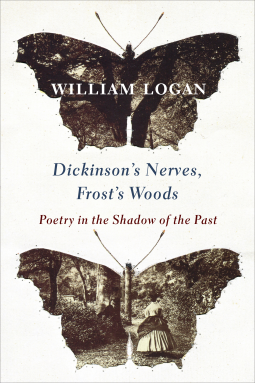
 Bookseller 431166
Bookseller 431166
 Educator 317339
Educator 317339
